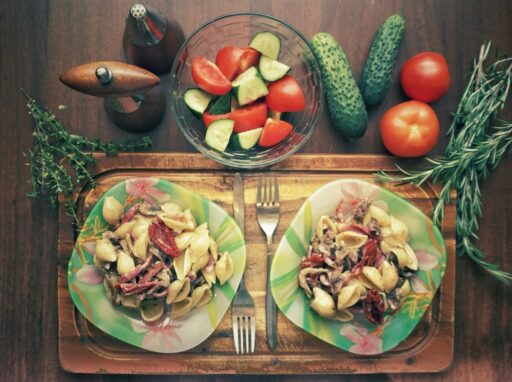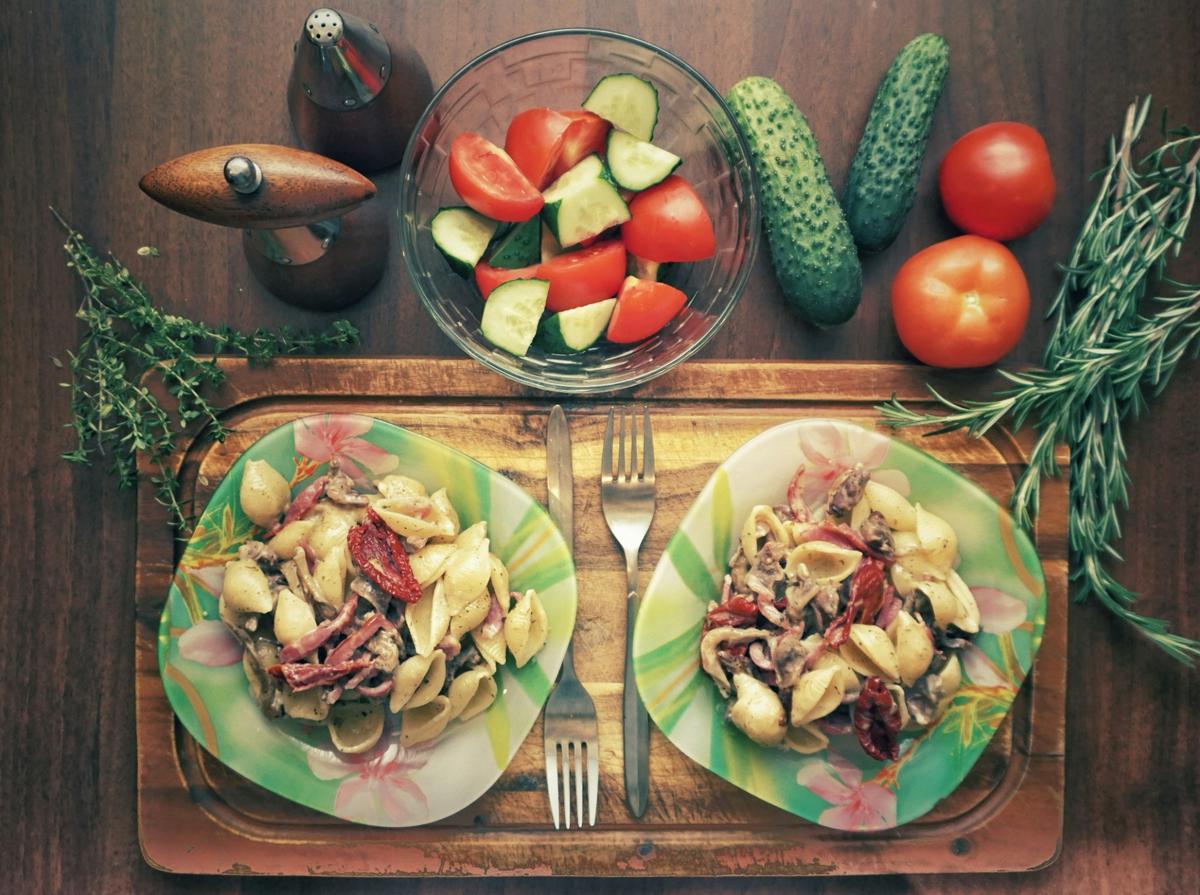Top 5 Anti-Inflammatory Foods for Daily Health
Healthy’s Summary
Inflammation isn’t always the bad guy—it helps your body heal from injuries and fight off infections. But when it sticks around too long, it can quietly wreak havoc, especially in your gut. That’s where an anti inflammatory foods list can come in handy.
Adding a few inflammation-fighting foods to your daily routine isn’t just about feeling a little better. It could help with bloating, brain fog, achy joints, and even long-term risks like heart disease and type 2 diabetes. And the good news? These foods aren’t obscure or hard to find. You probably already have a few in your kitchen.
What are the best anti-inflammatory foods to eat daily?
Let’s get straight to the point. If you’re looking to support your digestive system (and really, your whole body), here’s an anti inflammatory foods list you can lean on every day:
1. Berries
Blueberries, strawberries, raspberries—they’re little inflammation-fighting powerhouses. Packed with antioxidants like anthocyanins, berries help reduce oxidative stress, which is closely linked to chronic inflammation. A study from the Journal of Nutrition found that eating blueberries daily improved markers of inflammation in adults with metabolic syndrome.
They’re easy to toss into oatmeal or smoothies, so add them to your anti inflammatory foods list before your next trip to the grocery’s store.
2. Leafy Greens
Think spinach, kale, and arugula. These greens are rich in vitamins A, C, and K, as well as fiber and polyphenols—natural plant compounds known to calm inflammation. According to the Harvard T.H. Chan School of Public Health, diets high in leafy greens are associated with lower levels of C-reactive protein (a key inflammation marker).
Even a handful in your eggs or as a side salad makes a difference.
3. Fatty Fish
Wild salmon, sardines, and mackerel are loaded with omega-3 fatty acids, which have well-documented anti-inflammatory effects. A 2022 NIH review highlighted omega-3s’ role in reducing gut and systemic inflammation—especially important if you’re dealing with IBS or other digestive conditions.
Aim for 2–3 servings per week, or try a high-quality fish oil supplement if you’re not a seafood fan.
Speaking of ‘good fat,’ explore the super powers of Avocados in our article ‘Avocado Nutrition Facts: What Makes This Creamy Green Fruit a True Superfood?‘
4. Turmeric
This golden spice isn’t just trendy—it contains curcumin, which has been shown to block inflammatory pathways in the body. The Cleveland Clinic notes curcumin’s potential for easing symptoms of arthritis and inflammatory bowel disease. It’s more effective when combined with black pepper (which boosts absorption).
Stir it into soups, teas, or even your morning eggs.
5. Olive Oil
Not all fats are created equal, and extra virgin olive oil is the kind your gut loves. It’s rich in monounsaturated fats and contains oleocanthal, a compound with effects similar to ibuprofen. Mediterranean-style diets high in olive oil have consistently been linked to lower inflammation levels and better digestive health, per Mayo Clinic insights.
Drizzle it generously over veggies or use it as your default cooking oil.
Can an anti inflammatory foods list improve digestion?
This part surprises a lot of people. While anti-inflammatory foods are often praised for heart health or brain benefits, their impact on digestion is just as powerful.
When your gut is inflamed, your body may struggle to absorb nutrients, manage regularity, or maintain a healthy microbiome. That can lead to symptoms like bloating, gas, fatigue, and irregular bowel movements. Chronic inflammation has also been linked to conditions like Crohn’s disease, ulcerative colitis, and leaky gut syndrome.
Ask Healthy
Certain foods don’t just avoid triggering inflammation—they actively work to calm it down. Omega-3s reduce inflammatory markers in the gut lining. Antioxidants help repair tissue. Fiber supports healthy gut bacteria. The combo can be a game-changer.
When it comes to your anti inflammatory foods list, consistency matters more than intensity. You don’t need turmeric lattes at every meal—but a teaspoon here and there? That adds up.
Thinking about supplementing a healthy diet with probiotics? Check out our article Is Your Gut Happy Yet? 7 Signs Your Probiotics Are Actually Working
A Final Thought
If you can start with just one of these every day—berries in the morning, olive oil at lunch, greens at dinner—you’re already on the right track. It’s not about perfection. It’s about building a rhythm that helps your body stay calm, nourished, and ready for whatever the day throws at it.
Looking for more help? Try combining these foods with mindfulness habits, gentle movement, or digestive-supporting supplements for a fuller routine.
Want to dig deeper?
Decoding Your Gut: Patterns, Triggers, Relief
Struggling with persistent gut symptoms? You’re not alone. “Navigating Chronic Gut Issues” is designed to empower you with tools to manage symptoms, identify potential triggers, and find more comfort day-to-day. Through personalized check-ins, symptom tracking, and guided insights, you’ll gain clarity on how lifestyle factors like food, stress, and sleep affect your gut health.
Enroll in one of Healthy’s Programs to log, track and learn more about your Health, one conversation at a time.
Learn More




